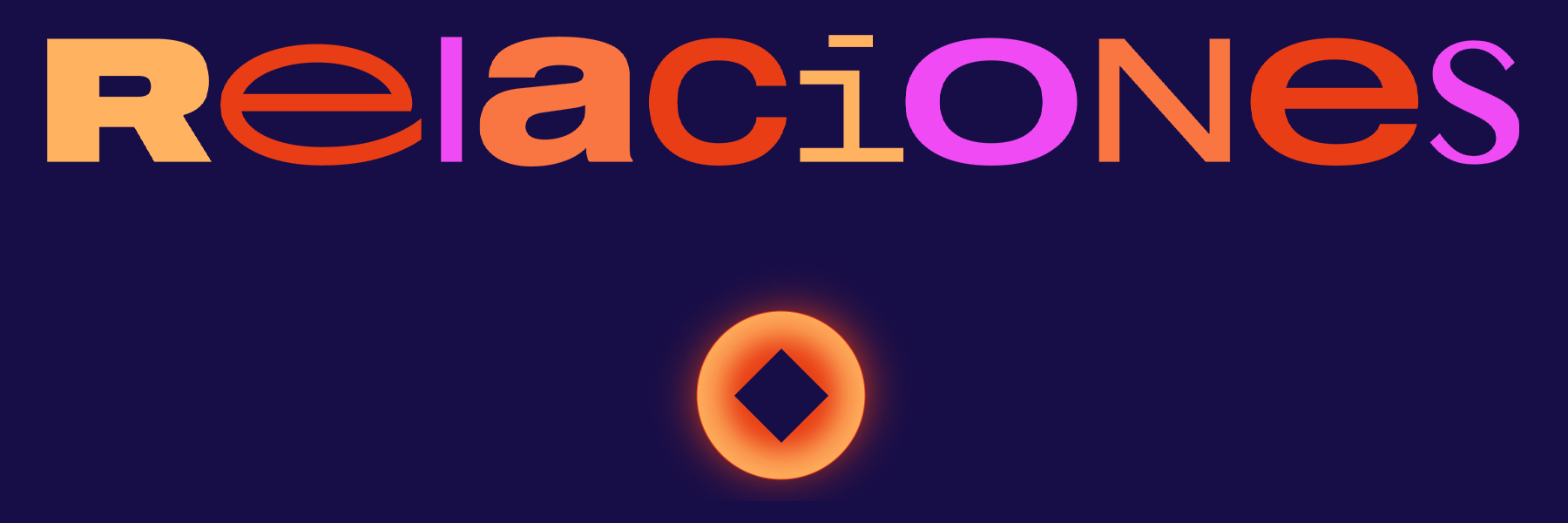How “Antes Muerta Que Sencilla” Almost Killed the Women in My Family
"For most women in a society that judges every facet of our existence, beauty is inherently political. And for Black women, beauty is especially an act of survival. "
"She is helping me and the other women in our family unlearn the refrain that has had such a hold on our community: antes muerta que sencilla."
"I want to take the outlandish route and love myself in my fullness. I want to be brave and climb that mountain that is me and my body, naked and flawed just like the earth it came from. And I don’t want to wait anymore."







